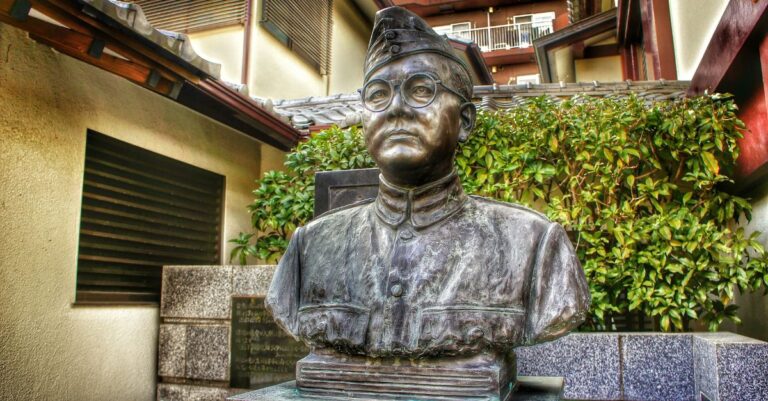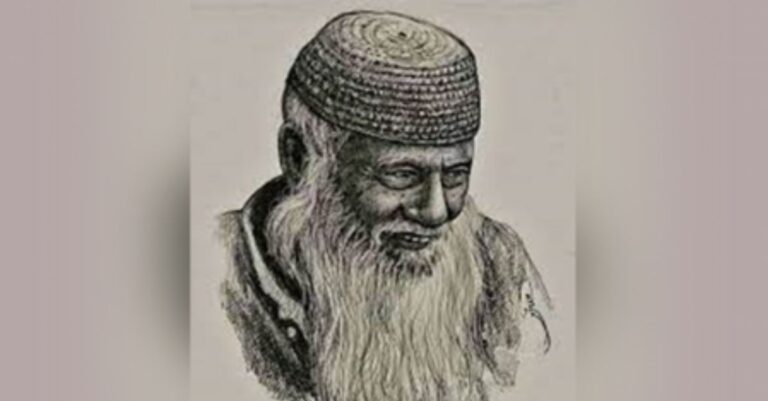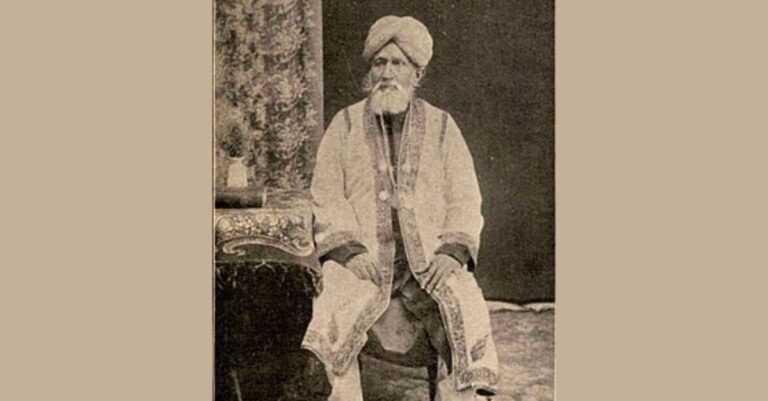Simply put, I love him for his courage and unwavering commitment to the cause of the Bengal peasantry masses. I am highlighting some of his statements that dispel the dark around me.

The problem is that in West Bengal, the Congress or the main opposition party, Trinamool Congress, has neither criticized the Left Government nor raised its voice for the reservation of Muslims or any issues related to Muslims.
The Bengali intelligentsia raised a voice against land acquisition in Singur and Nandigram. They had been vocal against police atrocities in Lalgarh. They criticized the Left sarkar and organized processions in the streets. But in the case of Muslim issues, the Bengali intelligentsia kept silent. They never criticized the Left for keeping one-fourth of the population (Muslims) in the dark.
Those who claim to be revisionists, such as CPI (M), those who claim to be Marxists, Leninists or Maoists, they did never raise their voices against the deprivation and exploitation of Muslims of West Bengal. It seems, taking into account the current political scenario of West Bengal, that the Ruling party, the Opposition parties and other revolutionary parties have taken as granted the hegemony of the regressive Upper caste Bengali bhadraloks in the socio-cultural-political space. They are all fighting to acquire power within this solidly built, well-structured, well-maintained space of political fixity.
They never question the hegemony of a single structure, tightly controlled by the upper caste Bengalees. (In my opinion, they are indirectly helping the party in power (whosoever, whatsoever) by closely guarding this sacred space of political power and cultural domination out of the purview of the Bahujans: Dalits, Adivasis, Muslims and other marginalized communities of West Bengal. This structure must be dismantled first by Bahujan progressive parties).

Those who want revolution in the political stalemate in West Bengal must understand that without giving equal rights to the Bahujans, there is no possibility of any progressive democratic movement in Bengal and India as well.
One point should be noted in this connection: Rana’s deep thoughts about the problems of socialism led him to believe that there could be no flourishing of socialist practice and the dictatorship of the proletariat without the broadest possible democracy.
Santosh Rana, however, had many detractors, and many satires were directed against him on many occasions. It should be noted that many of those who tried to denigrate him never dared to get involved in the struggles that Rana did; they never thought of sacrificing their worldly interests for the cause they pretended to uphold.
These self-styled ‘radical’ intellectuals only learned some phrases like ‘revolution’ and ‘armed struggle,’ and hence their radicalism became symbolic of the motto ‘opportunism for myself and Marxism for others.’
Santosh Rana, however, did not pay any heed to such criticism because he was well aware of the nature of the hollowness of those drawing-room critics and their criticism. Till his last breath, he had an unflinching commitment to the cause of the exploited people.
References
1. Santosh Rana. Prabandha Sangraha. Kolkata: Gangchil, 2019.
2. https://countercurrents.org/2019/07/santosh-rana-a-rebel-with-a-cause/




